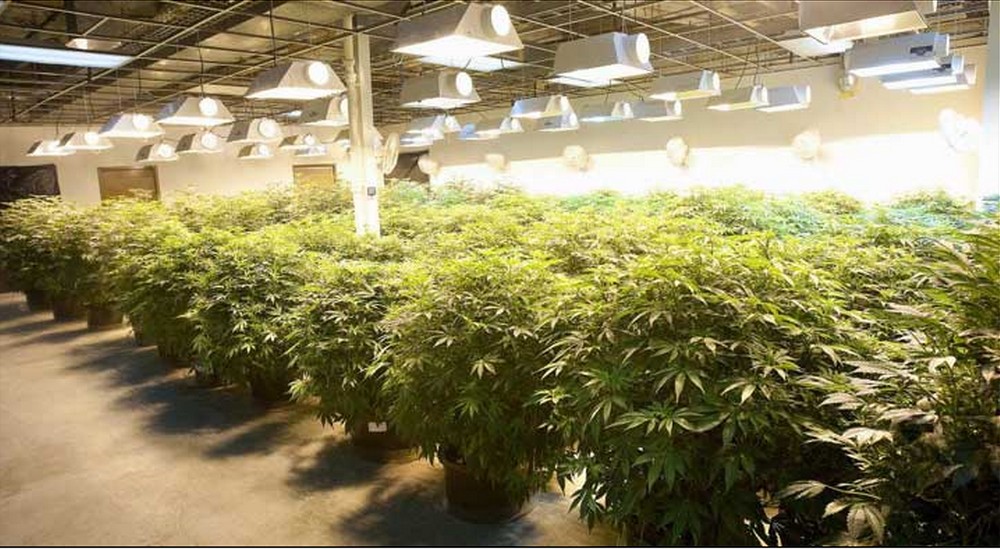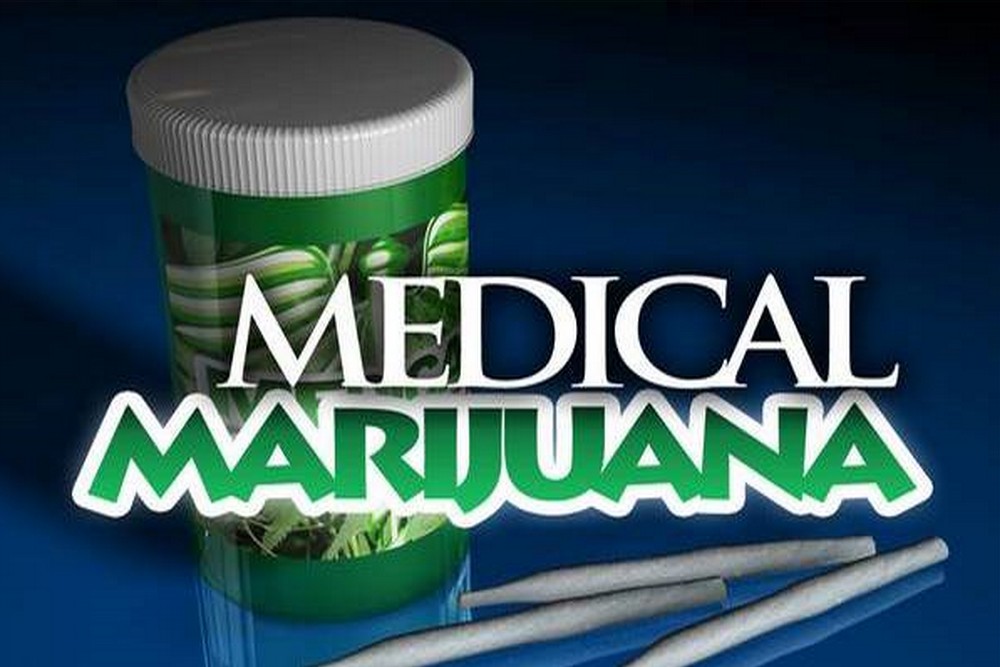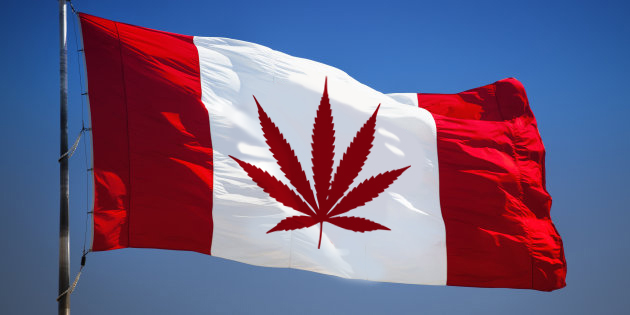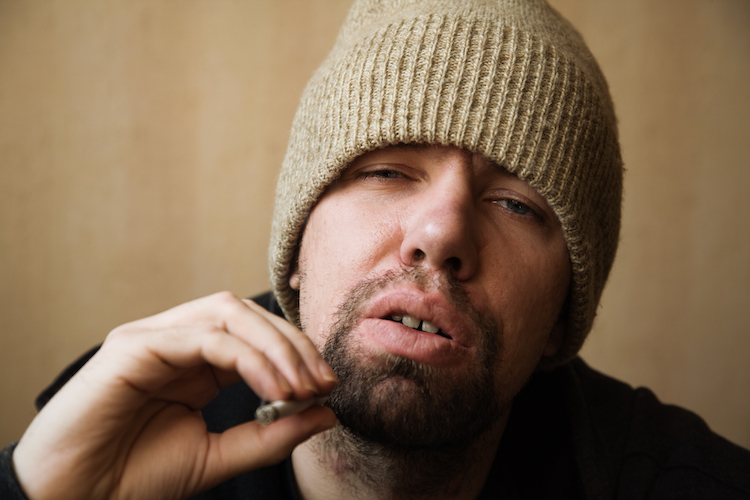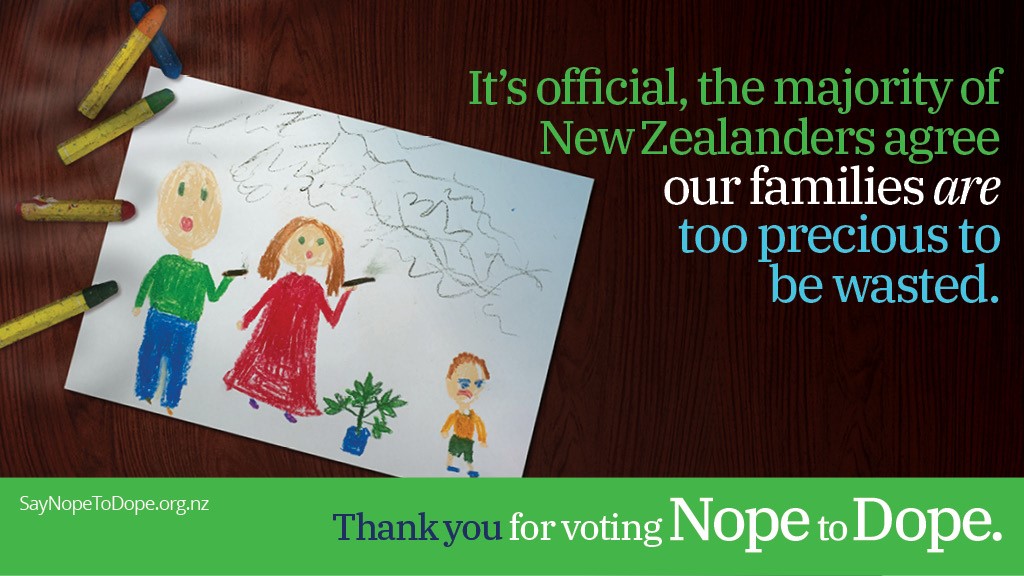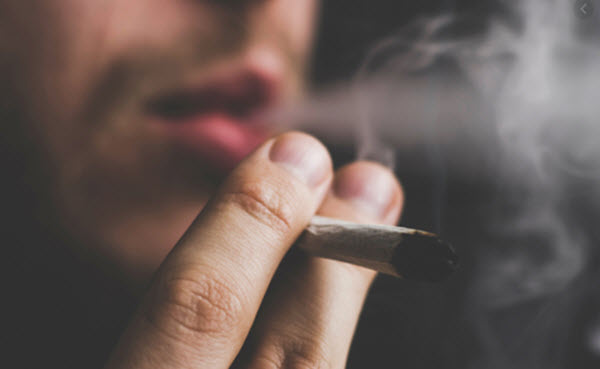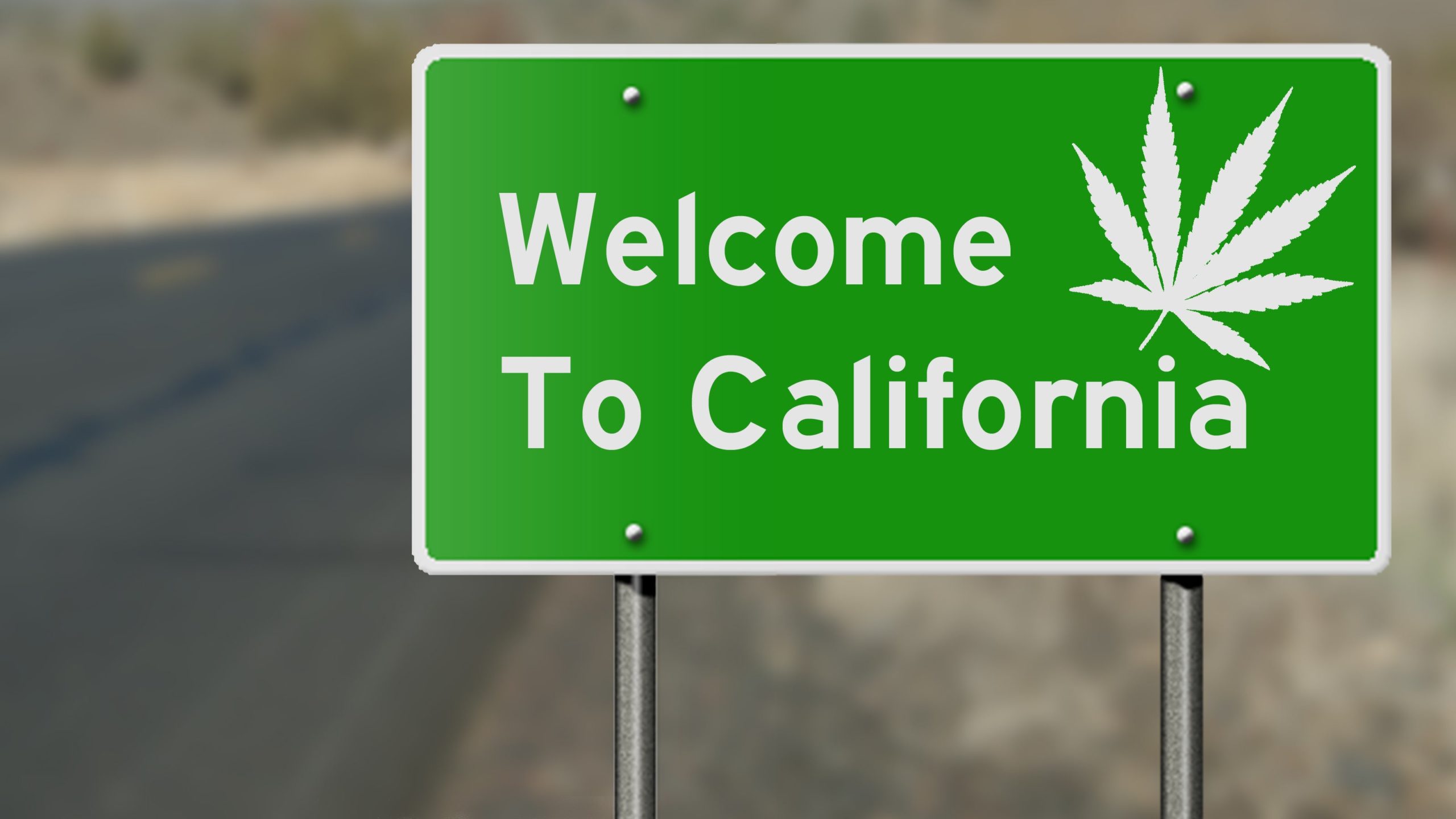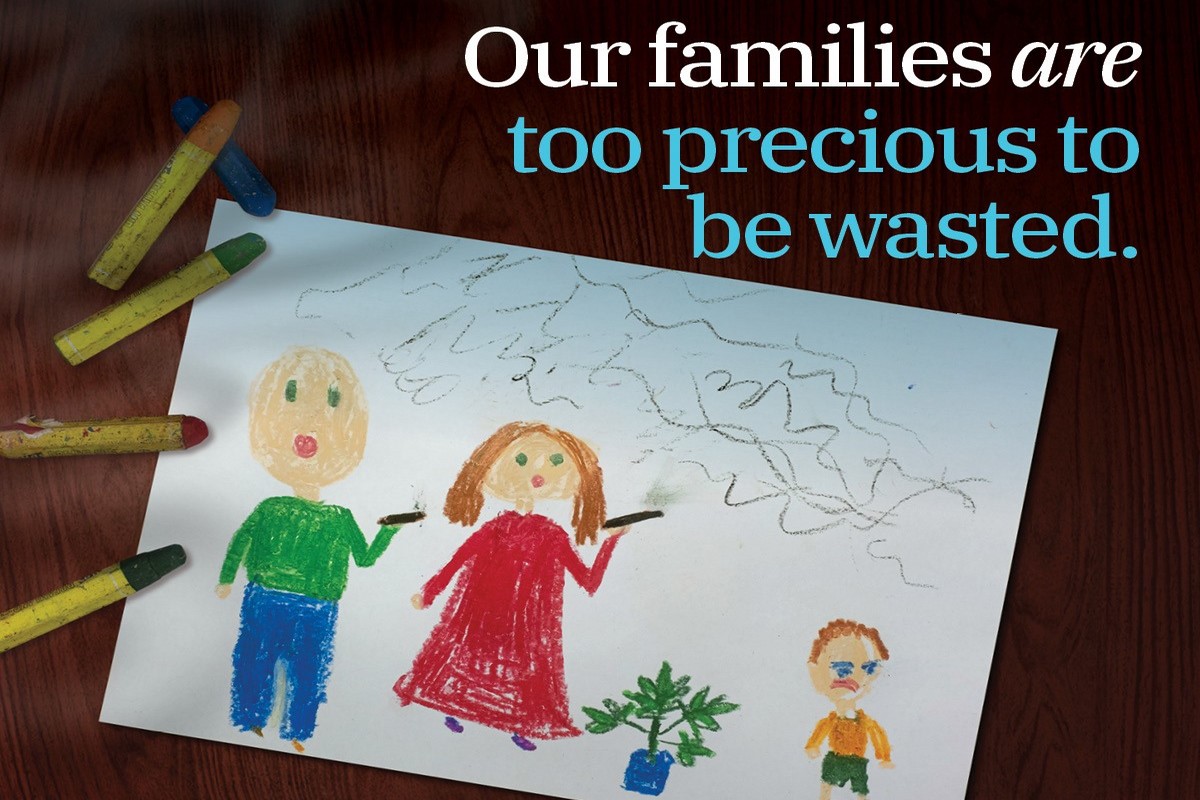
Recreational Cannabis Use Among Adults at Home Is On the Rise, But What About the Children?
Columbia Public Health 17 March 2021
Among adults with children living in the home, cannabis use was more common in states with legalized cannabis use, according to a new study by Columbia University Mailman School of Public Health, Columbia Irving Medical Center and the City University of New York. Legalization for recreational and medical use were both linked with significantly higher prevalence of past-month and daily cannabis use. Until now, most tobacco control and harm reduction efforts protecting youth from exposure to secondhand tobacco smoke focused on parental cigarette smoking, ensuring smoke-free homes, and not smoking in the presence of children. The findings are published in the journal Addiction.
The potential risks of exposure to secondhand cannabis smoke and education on the merits of protecting youth from exposure to secondhand cannabis smoke have received little attention in the cannabis legalization effort, according to Renee Goodwin, PhD, MPH, in the Department of Epidemiology at Columbia Mailman School of Public Health, and lead investigator.
“If legalization for medical or recreational purposes has increased cannabis use among adults living in the home with children, adults deserve education about the risks of secondhand smoke to youth, as well as information on any other risks to their children associated with parental cannabis use,” said Goodwin. “In contrast to cigarettes, there are no public health or clinical guidelines for parents designed to address or educate about best practices for use of cannabis toward avoiding or reducing harmful exposures of secondhand smoke to children’s health.”
The researchers analyzed data from the 2004-2017 National Survey on Drug Use and Health, an annual representative survey on substance use and mental health of individuals ages 12 and older, to determine past-30-day cannabis use and daily cannabis use by age, gender, annual family income, and educational attainment as well as cannabis legalization.
In states where cannabis is legal for recreational purposes, 12 percent of the adults reported past-month use, and 4 percent used daily. For states with medical marijuana laws, the percentage of users in the month dropped to 9 percent, and to 6 percent in states without legalization laws. On a daily basis, adults reported using at 4.2 percent, 3.2 percent, and 2.3 percent, respectively.
Legalization for recreational use was associated with significant jumps in cannabis use among adults with children living in the home. The effect of legalization for medical use was concentrated more among parents who are older, with higher income and education levels. While increases in states with recreational legalization were observed consistently across all demographic groups.
READ MORE: https://www.publichealth.columbia.edu/public-health-now/news/recreational-cannabis-use-among-adults-home-rise-what-about-children

